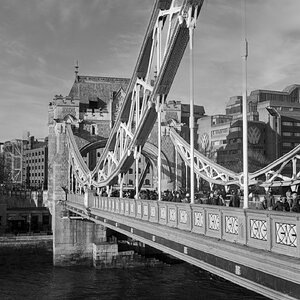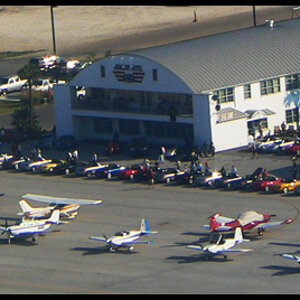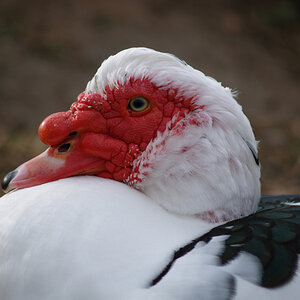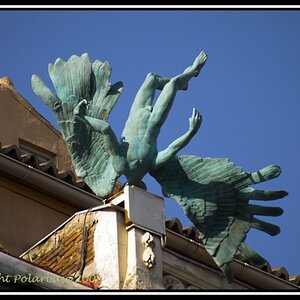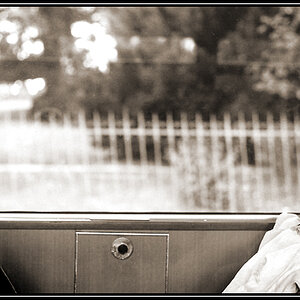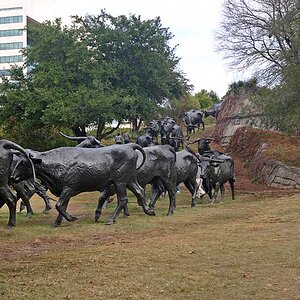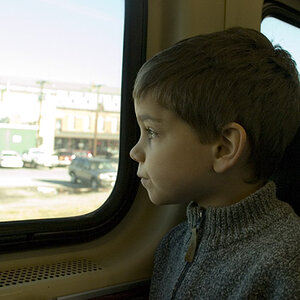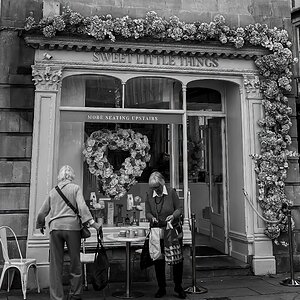Moglex
TPF Noob!
- Joined
- Jun 13, 2008
- Messages
- 581
- Reaction score
- 0
- Location
- Whitstable
- Can others edit my Photos
- Photos OK to edit
I'll second this.
Moglex you are certainly using some very impressive terminology,
I'd actually tried to keep the technicalities to a minimum, They only intruded when I quoted what Helen had said.
and I have to admit that when we start getting into the technical aspects of how sensors actually 'sense' I start to get out of my depth. I'd like to see some supporting references for your statements.
I'm afraid that really, if you want to know whom to believe, there is no substitute for going to texts and actually understanding what is going on.
There is absolutely no way you can possibly gain any knowledge about sensor function from examining my photographs. Or Helens.
Frankly, Helen's mentioning them is nothing more than a cheap diversionary tactic designed to shift attention away from the fact that she has got out of her depth on the technicalities.
Not saying I don't believe you, but I have seen Helen's work and I know from other posts she's made that she is extremely knoweldgable, and I'm more than a little reticent to doubt her.
What Helen tends to do is to regurgitate large chunks of photographic and optics texts in what appears to be an attempt to impress people with her knowledge (which I dare say is impressive, though not inexhaustible).
Answering questions on fora such as these should be about looking at what the OP has asked, understanding why they are having difficulty with their problem and explaining it in the simplest terms that will get the message across (perhaps with pointers to extra reading).
It should not be taken as an opportunity to show off the fact that you can read an optics or photographic text and paraphase it. If the person asking the question had the time and/or capability to do that they would have done so.
If you wish to determine the truth or otherwise of what I have written on the basis that Helen has typed a great deal of theory (which you admit you do not always understand) in the past, then I can't really stop you. (Although all you are really saying is that she's typed a load of technical stuff, I've typed a load of technical stuff and because she's been doing it longer you're inclined to believe her).
I would point out, however, that after I last pointed out the flaw in her understanding of range and resolution as it relates to a sensor in a camera system she failed to come up with any counter argument and limited herself to a denial of disagreeing with Arch.
I'd also like to comment on a statement made earlier in the post refering to the distinctive appearance of HDRs. A properly executed HDR should NOT have a distinctive appearance. Discussions of bit-depth, dynamic range and so forth aside, just because you can produce an image with a mind-boggling dynamic range doesn't mean it's a good image.
It is true that if you use HDR sparingly you can achieve a perfectly natural result that just looks as if you have been lucky/careful with your lighting.
I was really refering more to those shots where HDR is used in such a way that is has a sort of signature look.
In both cases, however, there is actually much more going on than simple tone mapping which is what Helen/Bufurcator seem to be implying.



